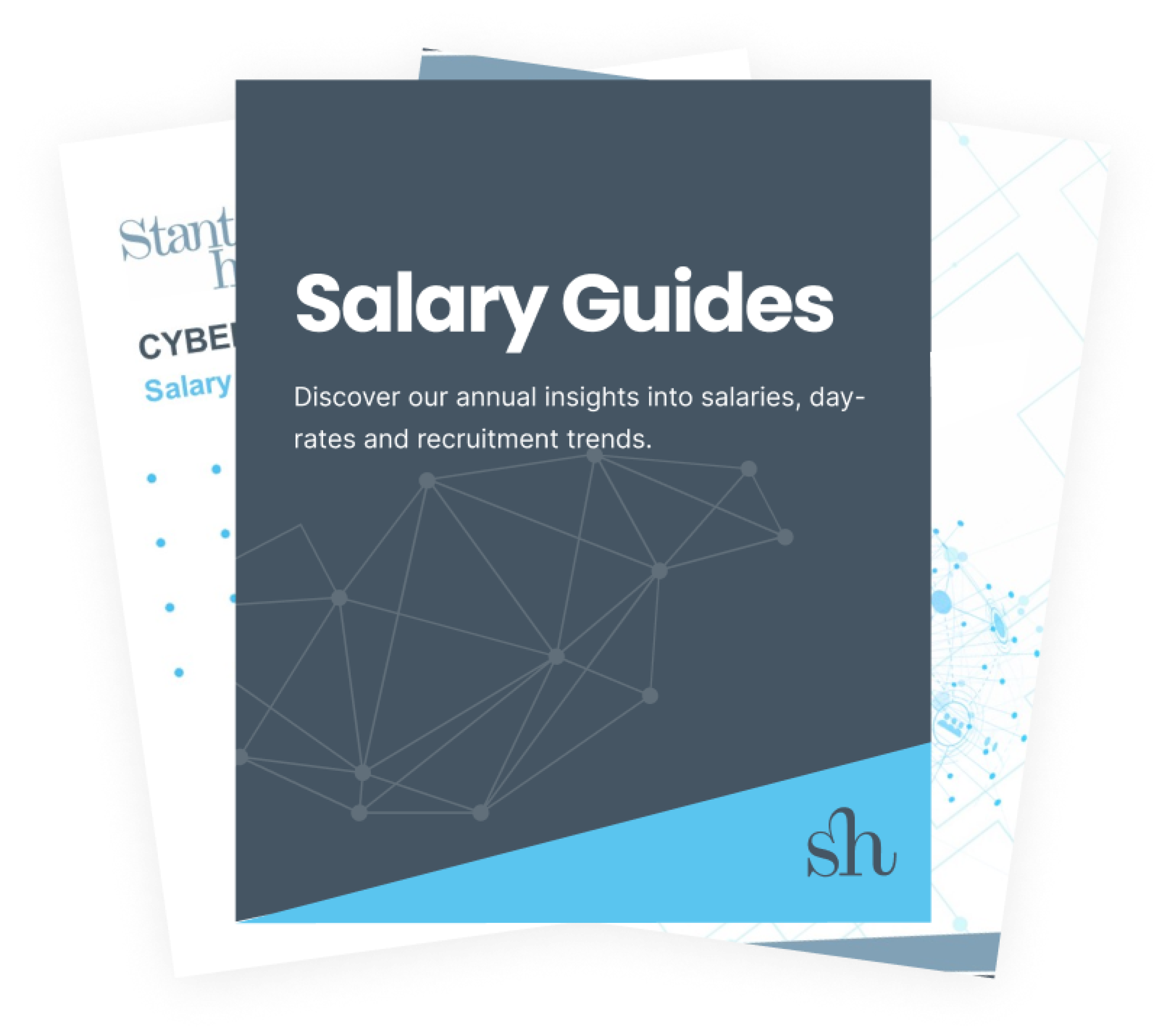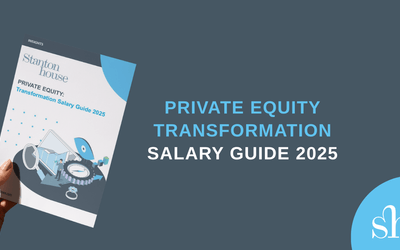
UK Recruiting Trends 2021
UK labour market transformed
2020 was a year like no other. Every business had to adapt and evolve their operating model to survive and grow in the ‘new norm’. The UK labour market was transformed by the disruption of Covid-19, while some sectors grew as a result of changing consumer habits, many others faced declining revenues, heavy job losses and widening skills gaps.
The December 2020 report from the Office of National Statistics paints a gloomy picture. It shows that from February to December 2020, the number of payroll employees fell by 819,000 - although the larger falls were seen at the start of the coronavirus pandemic - and the period of August through to October saw redundancies reach record highs.
Unsurprisingly, the Bank of England November 2020 Monetary Policy report highlights, that redundancies in 2020 were predominantly in sectors that were hit hardest by lockdown including hospitality, retail, travel, leisure, automotive and aviation.
New hope for 2021
Although we start 2021, with a newly agreed Brexit deal which governs bilateral trade worth more than £650bn and we have the hope brought by new Covid-19 vaccines, it remains clear that we still have huge economic challenges ahead, with a long road to recovery.
The ongoing impacts of Covid-19, particularly the recent increase in infection numbers and subsequent national lockdown, making sense of Brexit and the upcoming IR35 tax reforms (for the private sector) all present challenges for UK business.
This uncertainly doesn’t make for very pleasant, uplifting New Year reading! However, unlike any other economic downturn or crisis, it is important to remember that this pandemic has forced innovation, business wide transformation and prompted organisations to adopt new ways of working - all of which may have positive long-term effects.
There are also areas where employers have ongoing or even increased demand for specific skills and expertise - especially when it comes to driving their digital transformation agenda and ensuring their organisational structure is fit for purpose in this new era of work.
We are also working with a (significant) minority of organisations that see the current volatility as an opportunity to invest, grow and seize market share. Well capitalized, forward looking organisations are pressing hard on the accelerator and we remain optimistic about the prospects for new opportunities in 2021.
Find out if your skills are in demand in 2021, check back here soon to read our specialism market updates and top senior roles in demand this year.
Our first specialism update, ready to read now is for Senior Finance.
IR35 impacts to contractor market
2020 saw Chief Secretary to the Treasury Steve Barclay announce that IR35 tax reforms to the private sector would be deferred to 6th April 2021. The decision was announced among a £330bn financial package to protect the UK economy from the coronavirus outbreak and helped to alleviate one aspect of uncertainty for a large proportion of UK contractors.
Although this was supposed to give private sector businesses crucial extra time to review and refine their interim hiring strategies - organisations needed to prioritise cashflow preservation, business continuity and their survival last year.
As such, what we saw was an immediate shift to many organisations dramatically reducing Interim / Contractor resources and hiring flexible labour on an inside IR35 basis only. Indeed, many businesses made the decision to institute a blanket ban of personal service companies (PSCs) rather than contend with the perceived risk of potential financial liability for tax, should contractors later be deemed in scope of IR35. We started to see that these blanket ban, risk-averse reactions to IR35 were depriving some companies of their competitive edge and ultimately, their ability to attract the best interim talent.
We saw other companies take a more measured response, engaging with third parties to apply IR35 determinations for each role, such that they could continue to benefit from the breadth of the interim labour market.
That said, as Covid-19 continued to put increasing pressure on the cost-base for many businesses last year, we saw a swing from the use of LTD contractors to umbrella companies, fixed-term contracts and Statement of Work consulting delivery to resource transformation programmes and projects.
So now, with the clock ticking to April 6th 2021, we are likely to see a revival of day rate contract roles as businesses continue to review and amend their processes to ensure business-critical projects stay properly resourced in 2021. As such, we anticipate much more of a balance this year between permanent, fixed-term contract and both inside and outside IR35 contract roles as the level of understanding of how to apply the IR35 rules in a compliant, yet pragmatic manner increases.
Contact us to learn how our solutions for individual IR35 determinations and Managed Solutions can help deliver a compliant and cost-effective answer to flexible labour demands in 2021.
Brexit hinders access to flexible labour market
The UK now implements a points-based immigration system, similar to the one already in effect in Australia. Under the new rules, the vast majority of foreign nationals trying to work, live and study in Britain will have to apply and pay for an online visa. For many, these new visa requirements are now a pre-requisite for working in the UK. There are extra checks and implications that employers need to be on top of; and risks if they are not. There are fines and criminal sanctions if business employ people unlawfully.
This increased level of bureaucracy and the subsequent compliance implications for UK employers is likely to hinder and slow access to the flexible labour market across Europe. As such, ‘visa ready’ candidates will have a competitive advantage as employers won’t need to go through all the extra checks. Under the immigration system, points are awarded for a job offer at the appropriate skill level, knowledge of English and being paid a minimum salary. Skilled worker visas will be awarded to those who gain enough points.
Applicants will have to reach a mandatory threshold of 50 points before they are considered for immigration to the UK. Mandatory criteria from the Home Office says migrants will need to have a job offer in the UK from a licensed sponsor (20 points), the job must be at or above the “minimum skill level” (20 points), and the person applying must be able to speak English “to an acceptable standard”, (10 points).
There are, however, special rules for individuals who are already working in the UK. If they’ve been a resident here for 5 years or more, they will be granted ‘Settled Status’. If they’ve been in continuous residence for a shorter time period they will be awarded ‘Pre-Settled Status’. However, even if an individual has the existing right to work in the UK under one of these statuses, they must still apply to stay lawfully employed.
If you are an employer or candidate and unsure if or how these changes affect you, please contact us. We are happy to help and point you to the right resources.



















